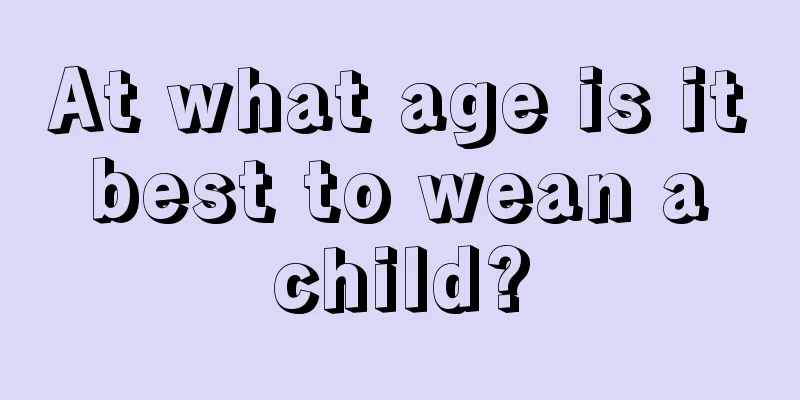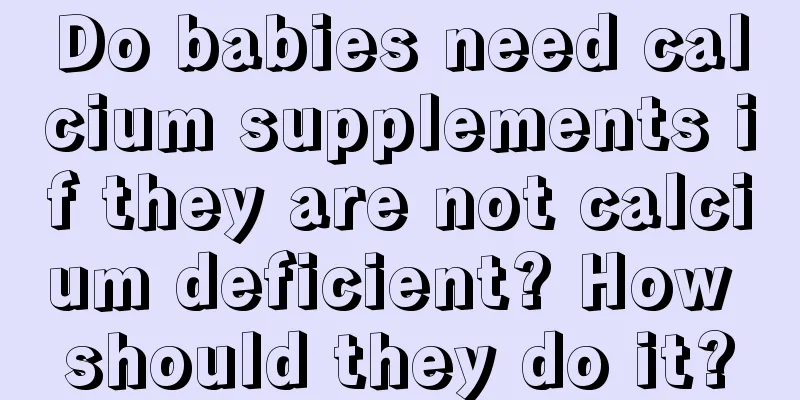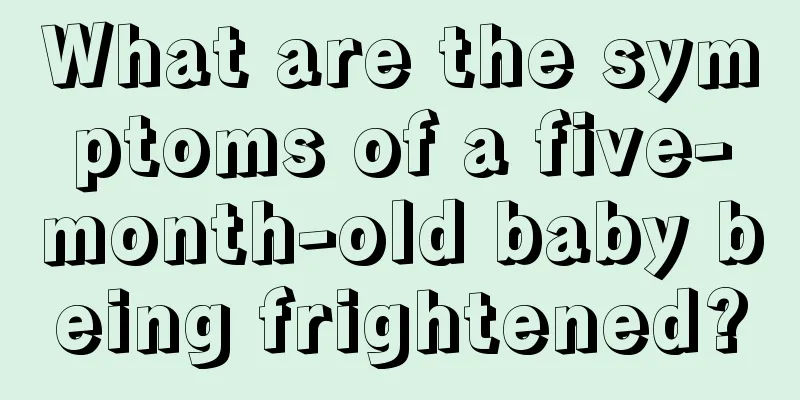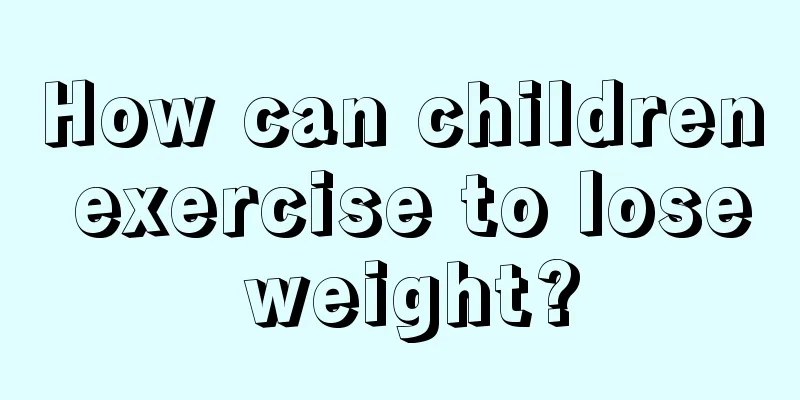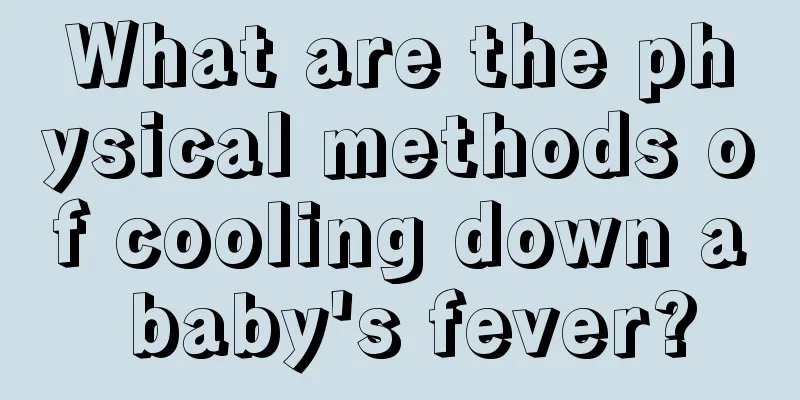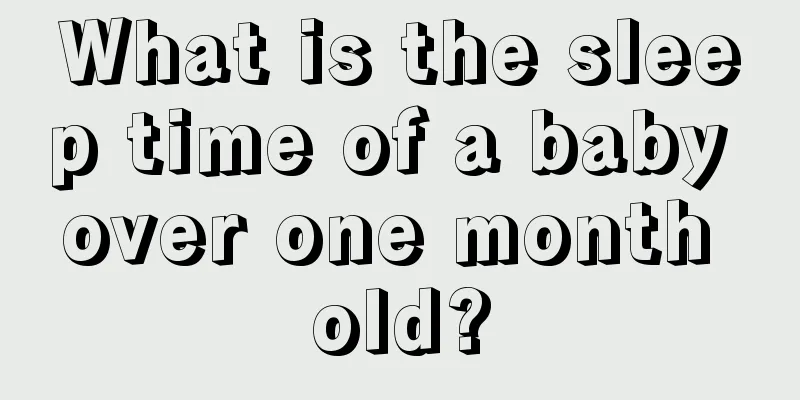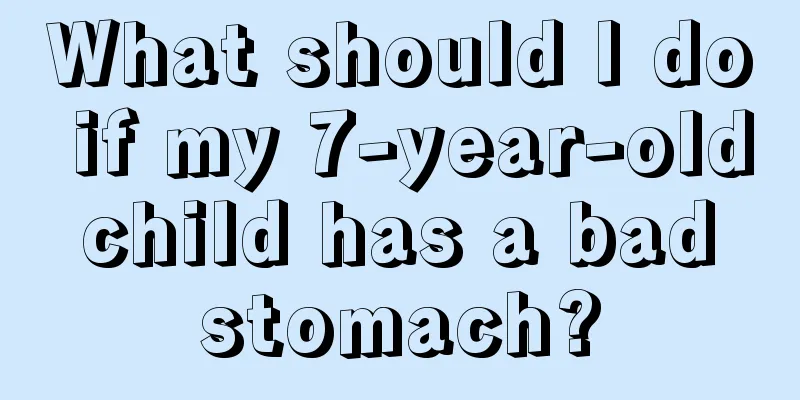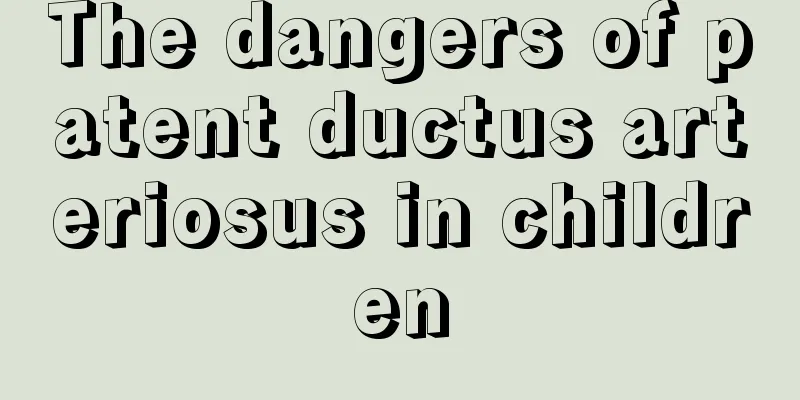Is it possible for my baby to have nasal polyps?
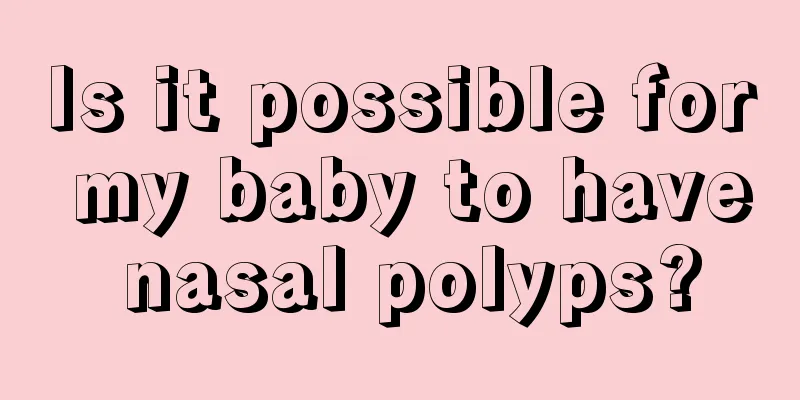
|
Generally, the smaller things are, the more fragile they are. The same is true for newborn babies. For new parents, taking care of a baby is a huge project, because many first-time parents have no experience in taking care of babies. When the baby has some minor problems with the body, the parents will be at a loss. So will the baby get nasal polyps? Nasal polyps in children are not common among children. Nasal polyps are more common in adults and are caused by long-term edema of the nasal mucosa, with allergic reactions and chronic inflammation as the main causes. Clinical manifestations may include progressive nasal congestion, increased nasal discharge, olfactory impairment, and headache. It can be single or multiple, unilateral or bilateral, with the majority being multiple and bilateral. When polyps grow too large, the external nose may become deformed, the bridge of the nose becomes widened and enlarged to form a "frog nose". Experts remind that if you find that your child has a blocked nose, thick mucus, and symptoms of dizziness and headache, you should go to a professional ear, nose and throat hospital for treatment to avoid snoring or breathing difficulties while sleeping, which will affect the child's intellectual development. Although nasal polyps feel harmless in the short term, they often block the nasal passages, causing breathing difficulties and affecting the sense of smell. Once nasal polyps are diagnosed, they should be actively treated. It is recommended that parents take their children to a hospital specialist for a follow-up examination 3 months after surgery. If the mucosa returns to normal, treatment can be stopped. Since nasal polyps are closely related to allergic rhinitis, chronic rhinitis and sinusitis, to prevent nasal polyps, it is necessary to actively treat chronic rhinitis and sinusitis to reduce the chance of occurrence. Generally speaking, children are relatively small and have weaker physiques, so medical treatment can be used for children's nasal polyps. Since nasal polyps are the result of long-term inflammatory response of the nasal respiratory mucosa, they can be treated with corticosteroids. Corticosteroids can not only reduce the size of polyps or even make them disappear, but if children undergo surgical treatment, the use of corticosteroids after surgery can also delay or prevent the recurrence of polyps. There are two routes of administration for corticosteroids: systemic and intranasal. Of course, the effect will be better if the treatment is based on the child’s specific condition. The commonly used external Chinese medicine is Jiang's Rhinitis Ointment, which is applied twice a day and has a definite effect. Although the chance of nasal polyps occurring in babies is not very high, we must still learn to prevent them. When a baby really develops nasal polyps, we must actively cooperate with the treatment. In fact, many diseases can be prevented in life. As long as we pay attention to some of the baby's habits in daily life, we can reduce the baby's pain and suffering. |
<<: Why is my baby having trouble breathing?
>>: How old does a baby start to grow molars?
Recommend
What should I do if my child always refuses to eat?
Many families are worried about what to do if the...
What should I do if my baby has a short tongue?
When parents observe their children and find that...
Best treatment for baby eczema on face
Many children have experienced eczema. Once eczem...
What to do if your child always has itchy scalp
Because the human scalp is always covered with a ...
How old can babies eat watermelon?
Watermelon is a relatively common fruit. Many fri...
Overview of baby's one-year-old development indicators and intellectual development
A one-year-old baby goes through a critical turni...
Why does my child blink frequently?
Children's health is a matter of concern for ...
How to treat amblyopia in children effectively
Parents must not ignore the problem of amblyopia ...
Is it good for babies to take a bath every day?
When it comes to the issue of bathing the baby, m...
The child has pimples all over his body
Most parents are afraid that their children will ...
The reason why the newborn's body temperature is 38 degrees
In clinical practice, it is generally believed th...
What to do if your child suddenly has a fever at night
It is common for children to have a headache or f...
Children have slow reactions and poor comprehension
The children we usually see are lively and energe...
How to train children's courage
A person's courage and bravery are cultivated...
What should I pay attention to when my baby is teething?
People will go through two tooth growth periods i...

